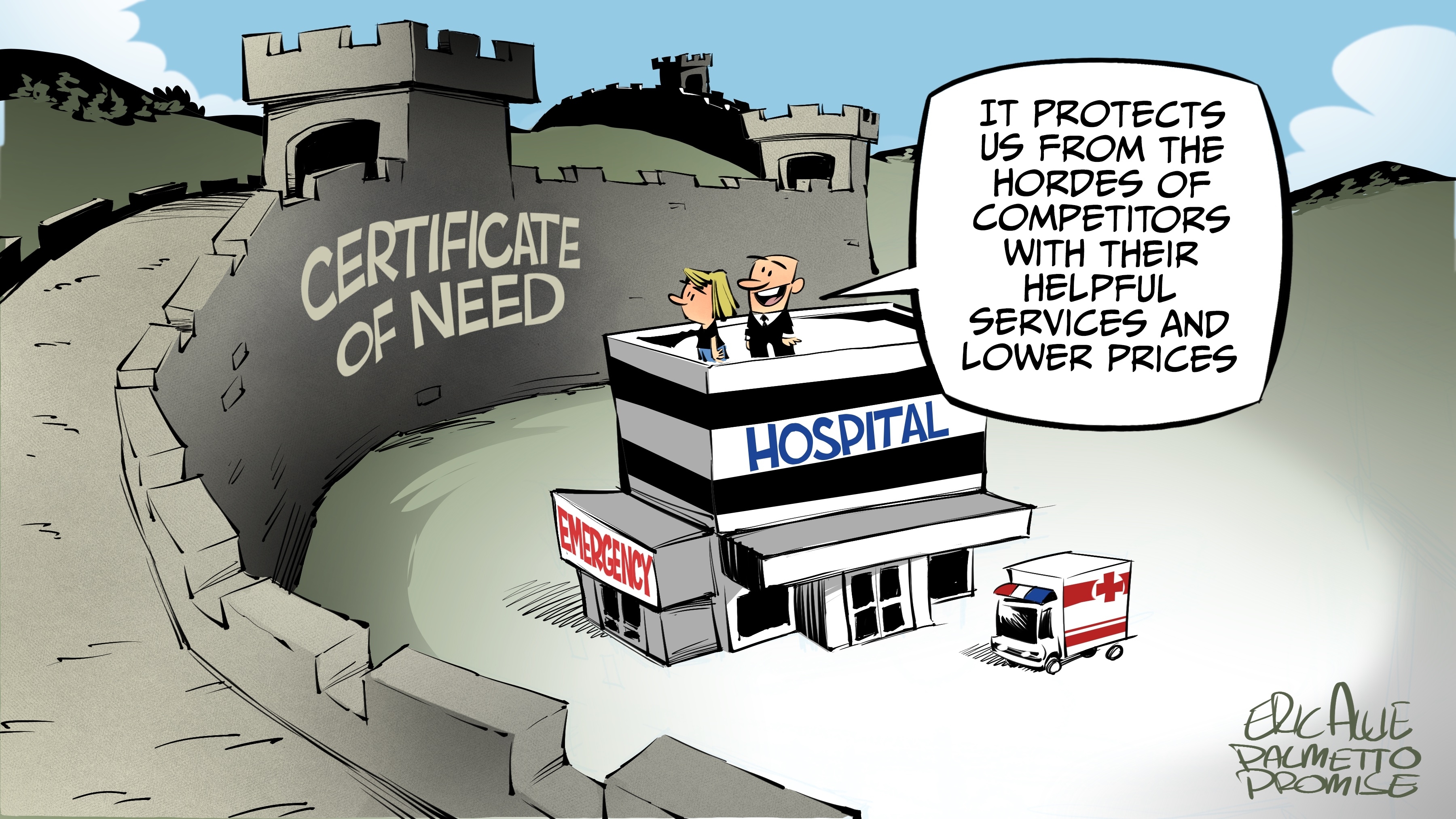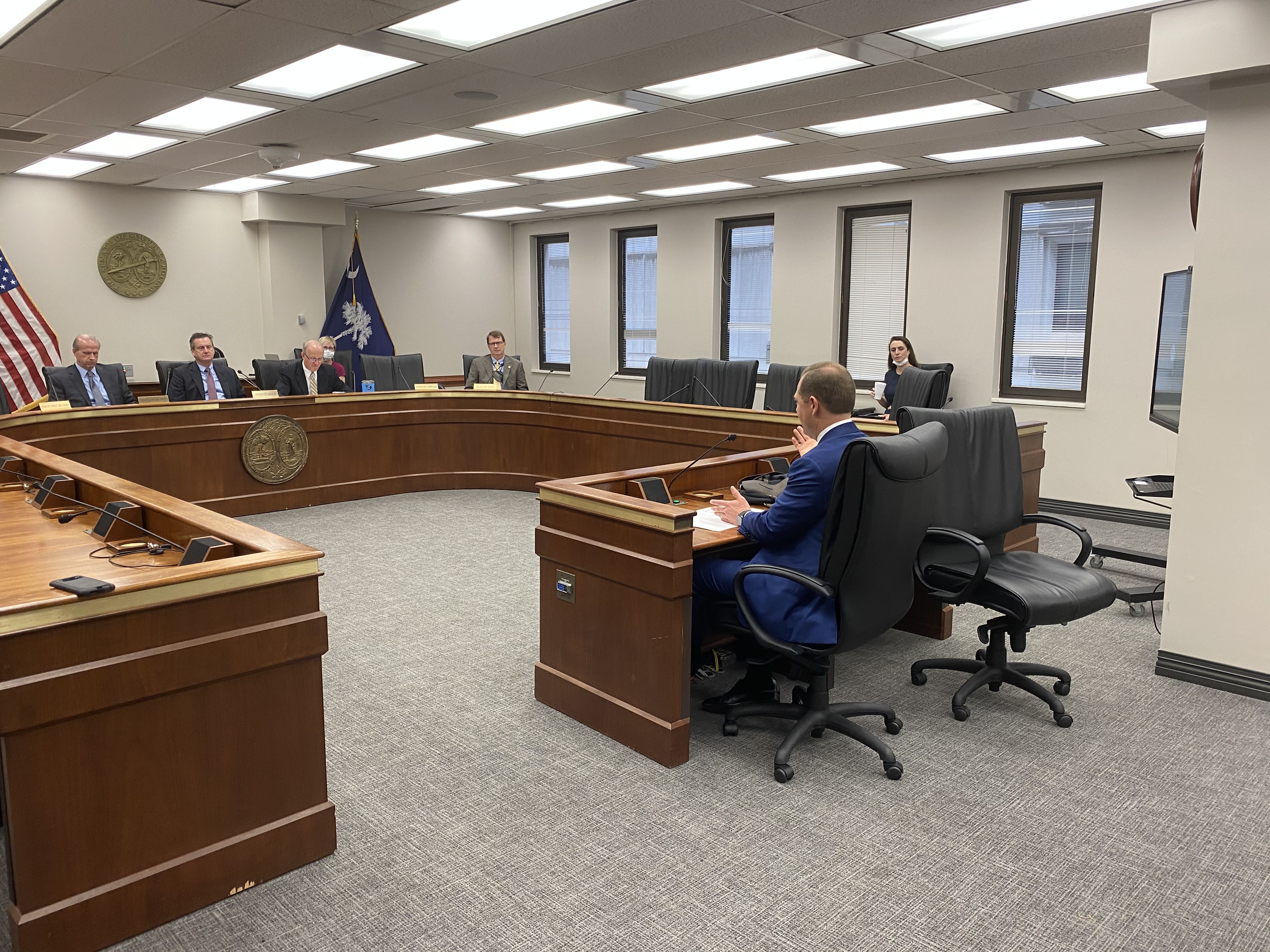Dr. Robert Brown: CON laws leave patients fewer options

“CON laws were designed to provide oversight and prevent wasteful duplication of services. However, there has been severe overshoot of those goals resulting in suppression in new facilities and services.”







